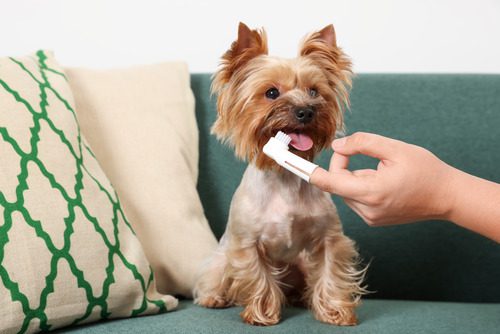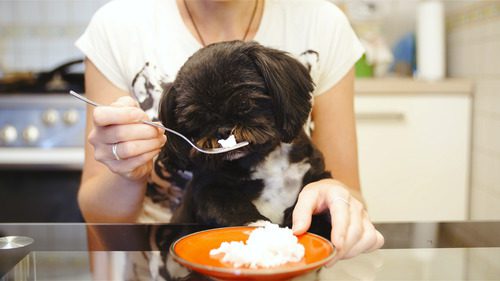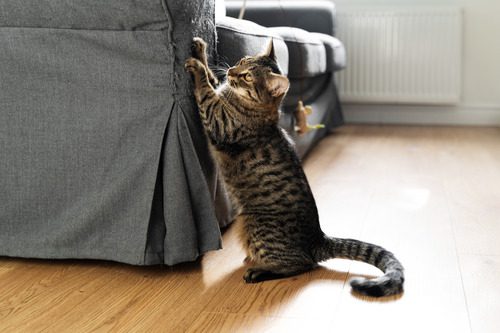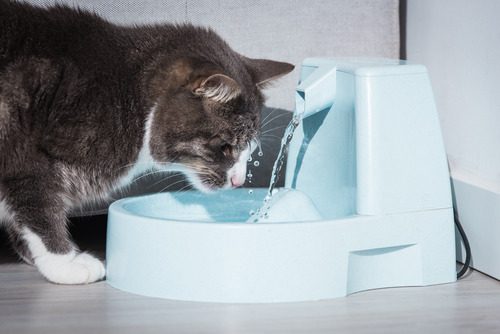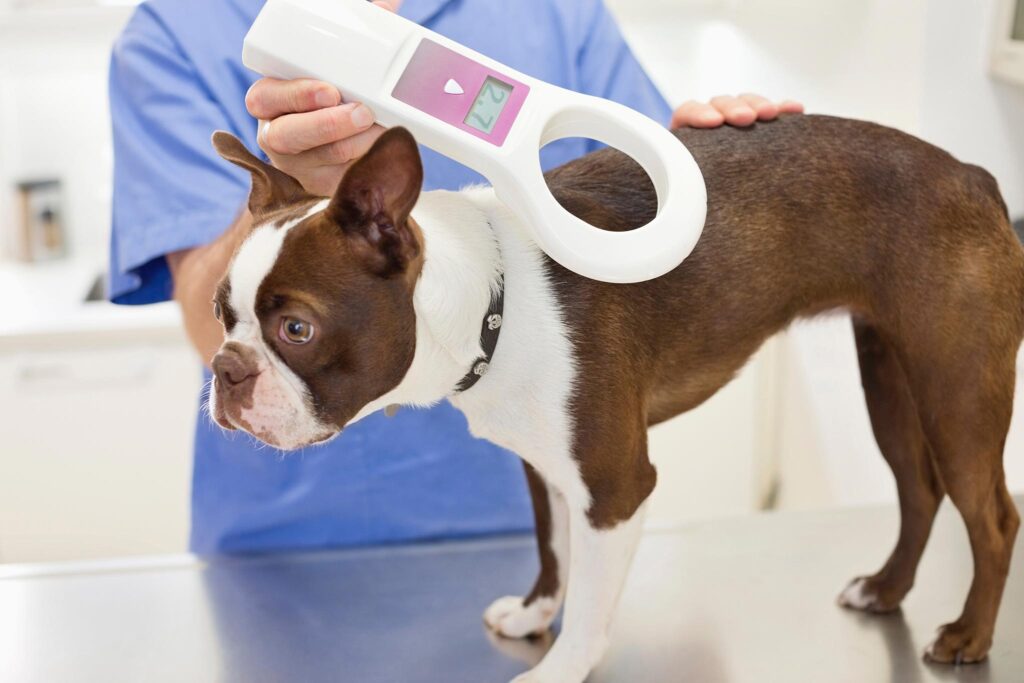Bloat in Dogs: Recognizing Gastric Dilatation-Volvulus (GDV)
Have you ever heard about the condition called “bloat?” Officially known as Gastric Dilatation-Volvulus (GDV), bloat is a serious medical problem that can occur in dogs. Here, we aim to shed some light on what GDV is, what causes it, and the clinical signs characteristic of the condition. At Sahara Pines Animal Hospital in Las Vegas, NV, we believe in empowering pet owners with knowledge. For any concerns or to schedule an appointment, be sure to reach out to us at (702) 876-7580.
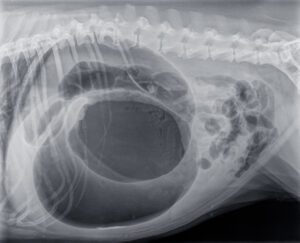
What is Bloat in Dogs (GDV)?
Bloat in dogs, or Gastric Dilatation-Volvulus (GDV), is a swift and severe condition where a dog’s stomach fills with gas and then twists on itself, blocking both ends of the stomach. This twisting not only traps the gas but also disrupts blood flow to the stomach and sometimes to the spleen. Without immediate medical intervention, this condition can quickly lead to tissue death and shock, making it a dire emergency.
Understanding Gastric Dilatation
The first stage, gastric dilatation, sees the stomach rapidly filling with gas and fluid. This expansion can put pressure on other organs, make it hard for the dog to breathe, and disrupt blood flow.
The Role of Volvulus
Volvulus, or the twisting of the stomach, exacerbates the situation by cutting off the escape routes for the trapped gas. This also clamps down on blood vessels, further reducing blood flow and leading to necrosis (tissue death) of the stomach wall.
What Causes Bloat in Dogs?
Identifying the exact cause of bloat in each case can be challenging. However, certain factors are known to increase the risk for this condition:
- Breed and Body Shape: Larger dog breeds with deep chests are more susceptible to bloat. In particular, breeds like Great Danes, Saint Bernards, and Weimaraners have a higher incidence.
- Age and Health: Older dogs and those with a history of digestive problems are at greater risk for bloat.
- Eating Patterns: Eating quickly, consuming large amounts of food in one sitting, or drinking large amounts of water immediately after eating can trigger the bloat.
- Exercise: Exercising vigorously before or after meals can increase the risk, as well.
- Temperament: Dogs that are more anxious or stressed may be at a higher risk for developing bloat.
What are the Symptoms of Bloat?
Being able to identify the signs of bloat in your dog can literally be lifesaving. Key symptoms include:
- Distended Abdomen: One of the most noticeable signs of bloat is a hard, swollen stomach. It may feel tight like a drum, and painful to the touch.
- Pacing and Restlessness: A dog in distress may seem unable to get comfortable, pacing or trying to lie down unsuccessfully.
- Attempted Vomiting: Dogs with bloat might make retching noises or attempt to vomit, usually without bringing anything up.
- Rapid Breathing and Heart Rate: Look out for labored breathing or a rapid heartbeat.
- Gums Change Color: The gums may appear paler than normal, indicating poor blood circulation.
- Weakness and Collapse: In severe cases, the dog may become weak, lethargic, or even collapse.
When to Seek Veterinary Help
If you observe any of the above symptoms in your dog, you need to seek veterinary help immediately. Bloat is a true emergency and every minute counts towards your pet’s treatment. We recommend contacting the nearest emergency vet to ensure prompt care.
Treatment of Bloat in Dogs
Once you reach the veterinarian, they will assess your pet’s situation and take necessary actions, which may include:
- Stabilizing Your Dog: This involves managing shock and pain.
- Decompression: The vet might release gas and fluids from your dog’s stomach.
- Surgery: Often, surgery is required to untwist the stomach and secure it to prevent future episodes.
Post-Treatment Care
After treatment, your dog will require rest, careful monitoring, and possible overnight hospitalization. The veterinarian will provide specific care instructions based on your dog’s condition.
Ways to Prevent Bloat in Dogs
While there’s no surefire way to prevent bloat one hundred percent, you can still take steps to reduce the risk for your dog:
- Feed your pet smaller, more frequent meals, and avoid vigorous exercise after eating.
- Keep a close eye on your dog’s eating habits and overall health.
- Elevate your dog’s food and water bowls.
Contact Us for More Tips to Keep Your Dog Healthy
Bloat is a life-threatening emergency that requires immediate medical attention. Being aware of the symptoms of bloat and acting swiftly by seeking veterinary care can make a significant difference in the outcome for your dog. If you have any questions about bloat that aren’t addressed here or need to make an appointment, contact Sahara Pines Animal Hospital at (702) 876-7580.
Recent Posts
About Sahara Pines Animal Hospital
For exceptional veterinary care in an environment that welcomes you as family, partner with Sahara Pines Animal Hospital and we’ll help you meet all your pet’s needs for a lifetime.
